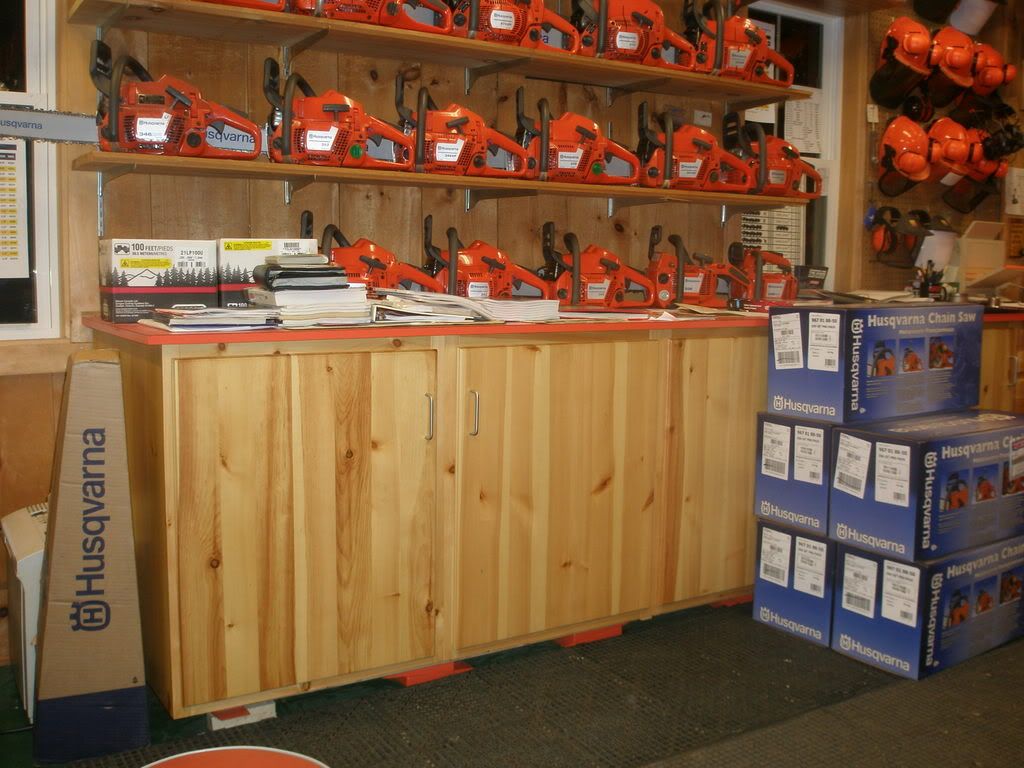Mitchell
ArboristSite Operative
2x4 wedging
If I am not mistaken a100 I believe you have stolen lees trees Idea and used a 2x4 in conjunction with your wedge to prop up the desk in your picture; could be intellectual property right issues in dispute here!
If I am not mistaken a100 I believe you have stolen lees trees Idea and used a 2x4 in conjunction with your wedge to prop up the desk in your picture; could be intellectual property right issues in dispute here!





